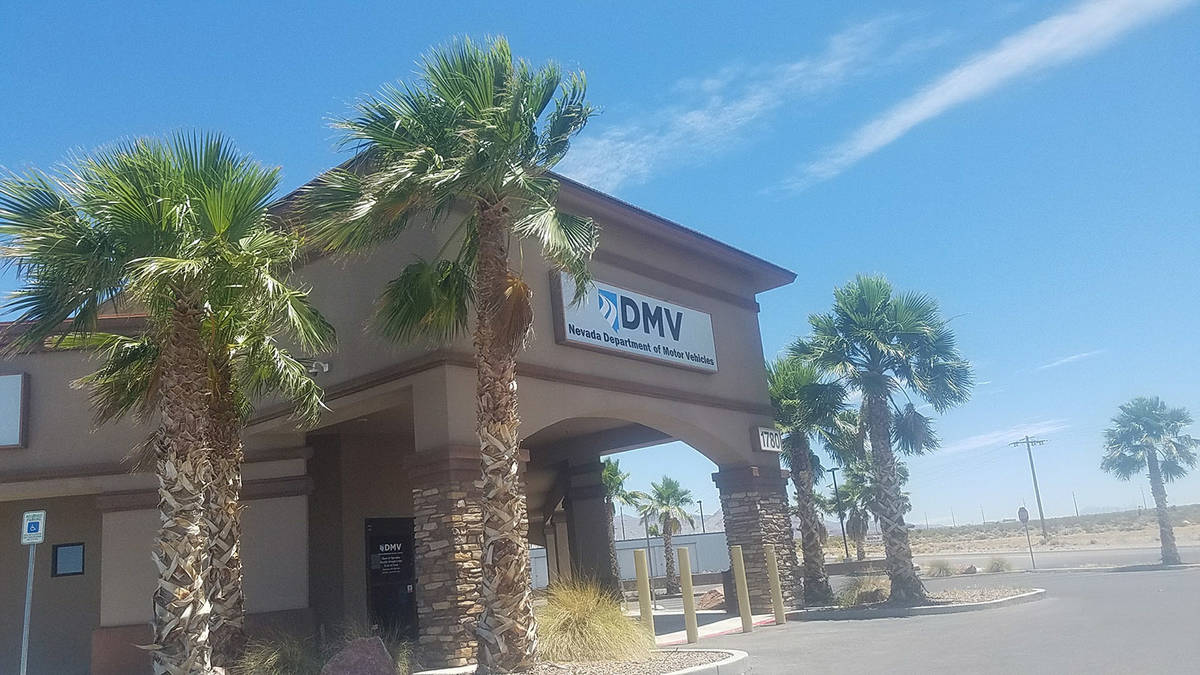
The Nevada Department of Motor Vehicles has seen a sharp increase in the number of stolen vehicles recovered at its offices in Las Vegas this year. The department is warning consumers to be extra careful in private party vehicle sales.
The DMV has recovered 27 stolen vehicles worth an estimated $1,017,893 in 2021. In May, the DMV recovered 10 stolen vehicles valued at $480,010. Stolen vehicles are impounded as evidence, then eventually returned to their rightful owner.
“The person trying to register the car at the DMV is usually a victim who loses both the car and the money they paid for it,” DMV Compliance Enforcement Administrator J.D. Decker said. “You need to be especially wary of cars coming from out-of-state and sellers who want cash.”
One common scheme is to sell a rental car that is still under contract and hasn’t been reported stolen. Other vehicles for sale may be straight thefts from homes, public parking lots or even auto dealer inventory. Sophisticated auto theft rings can take vehicles without damaging them and create convincing, but forged, titles and other documentation.
Decker says the most sure-fire method to detect a fraudulent vehicle sale is to bring the vehicle to a DMV inspection station, have the vehicle checked and complete the sale there. The service is free and no appointment is necessary. DMV inspectors can check whether the vehicle has been reported stolen and look for red flags such as an improper registration or title.
The National Insurance Crime Bureau also offers a free stolen and total loss vehicle check on its website at nicb.org. There are tips and warning signs for car buyers in private party sales.
If the deal seems too good to be true, it probably is. Be prepared to walk away without buying.
A private party seller must provide a title to the vehicle. A bill of sale by itself is not acceptable. Look at the title carefully for poor print quality or other signs of forgery.
Be wary of sellers who want cash or to transfer funds through PayPal or similar services.
Do not purchase a car on an empty lot or public parking lot. Complete the sale at the DMV as suggested or at the seller’s residence.
Check the ID of the seller and snap a photo of it if possible. Be particularly wary of sellers who have an ID from one state and car registration from another.
Inspect the car for signs that it could be a rental or dealer inventory, such as a small sticker or a sign in the window that has been removed. Inspect the vehicle for flood damage as well.
An auto dealer must have a fixed place of business. Nevada dealers are not allowed to sell vehicles from homes, parking lots or empty corners. Dealers must have business licenses in any state.